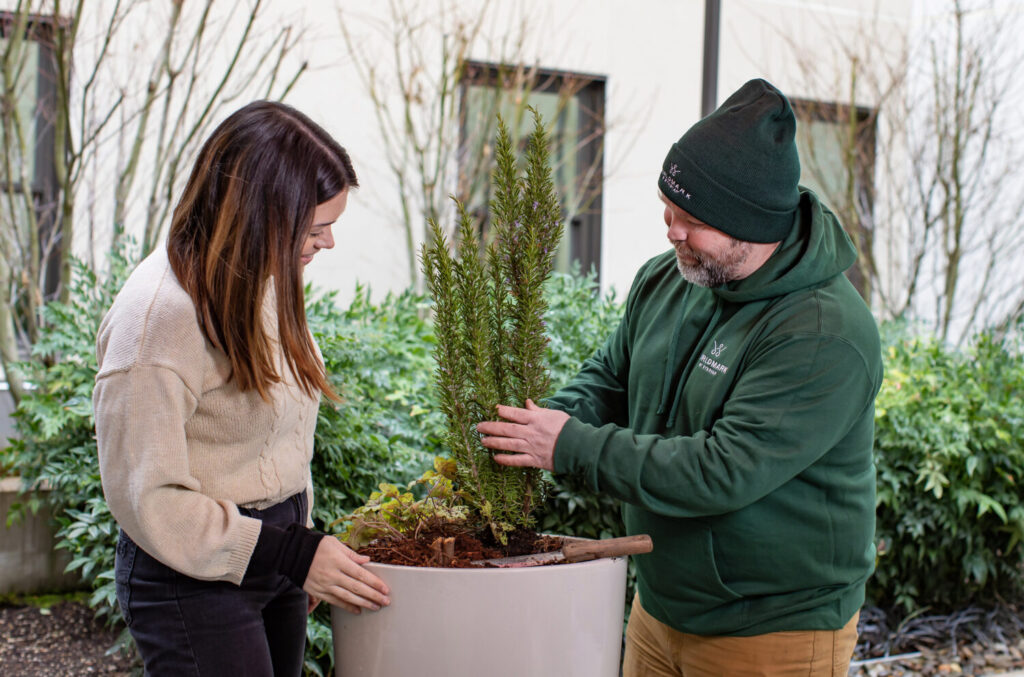
WorldMark by Wyndham introduces guests to urban permaculture in new pilot program
Vacation club brand WorldMark by Wyndham announced it is launching “Planting Seeds,” a pilot program that introduces guests staying at WorldMark Portland Waterfront Park to the concept of urban permaculture through interactive workshops and an on-site vertical demo garden. Guests who participate in the free monthly workshop series will learn how to reduce waste by embracing their surrounding ecosystems to grow their own food, at scale, no matter where it is they call home.
To oversee its new program, WorldMark enlisted the expertise of master regenerative urban farmer Daniel Campbell, owner and operator of Portland’s PDX Farm, who installed a demo garden on the WorldMark Portland Waterfront Park outdoor patio. Campbell will use the edible garden during his monthly workshop series, and any food procured will be donated back to 14 local families who are part of PDX Farm, a Community Supported Agriculture (CSA) farm.
“Access to healthy, organic food doesn’t have to cost a fortune – and, through the application of permaculture principles, it’s probably a lot closer than you might think,” said Daniel Campbell, WorldMark’s Urban Farming Educator. “Teaming up with WorldMark, I look forward to teaching travelers how to follow nature’s lead and use whatever space they have at home to grow their own food, just like we’re doing on this resort patio in the heart of downtown Portland.”
Resort guests who participate in Campbell’s free monthly workshops will learn everything from the basics of soil health, to DIY fruit pruning and pickling, to how to choose the right vegetable species for your climate. Based on participant experience levels, Campbell will also dive into expert topics to refine existing home practices, such as:
- Nitrogen: All plants need nitrogen, some more than others, but only certain plants make it. Learn the science behind these “nitrogen fixer” plants and how they can boost your soil’s nitrogen levels for a more robust urban garden.
- Biochar: A hot topic among agriculturalists and home gardeners, biochar is one of the most effective ways to lock carbon into your soil. Learn why people are flocking to this agricultural practice, why it’s important for soil regeneration and how you can make it yourself.
- Bee Hotel: You don’t need much land at all to create your very own bee hotel on your back porch or in your garden. Learn the basics of native bee keeping and why when we say, “Save the bees,” we mean native bees.
In a recent survey conducted by WorldMark, nearly 80% of American travelers report that sustainability is an important part of their travel experience. Amplifying the growing interest in reconnecting with nature in city settings, WorldMark’s “Planting Seeds” project comes on the heels of the organization’s larger ESG strategy and emphasizes the importance of local, organic food-sourcing and creating new pathways for communities to access healthy food from the Earth. Putting roots down in the city of Portland, WorldMark’s goal is to expand this educational program to other urban destinations across its portfolio of 20+ metropolitan-based properties in the future.
“Now more than ever before, travelers are seeking meaningful vacation experiences that emphasize sustainable practices and satiate their desire to learn something new,” said Annie Roberts, SVP Club & Owner Services at WorldMark by Wyndham. “Our Planting Seeds pilot program aims to do just that – taking steps to plant seeds in the minds of our visitors, empowering them with the knowledge and skills they need to create meaningful change in their homes, communities and environment. The wisdom gained through travel experiences like this, is the ultimate souvenir.”
Urban farming is on the rise around the world as governments and residents look to promote nutritious diets, tackle environmental challenges and transform industrial cities, according to the Thomson Reuters Foundation. The UNEP (United Nations Environment Programme) recently stated that farming-related methane is one of the most crucial battles in the fight against climate change, and while urban gardening may seem small scale, rooftop farms and vertical gardens could prove crucial in fighting hunger in urban areas, based on research led by Arizona State University (ASU) and Google.
New reports of vegetable scarcity and soaring food prices (up 40% YoY) are increasing concerns regarding food insecurity. The ASU/Google research team reported, “Urban farms could supply almost the entire recommended consumption of vegetables for city dwellers, while cutting food waste and reducing emissions from the transportation of agricultural products.… Urban agriculture may be critical to survival or a necessary adaptation to changing climate.”
Campbell added, “The U.S. has more urban area available than any other country – 2 million hectares. Now is a crucial time to join the urban growing movement for carbon capture, food security, self-sustainability and global regeneration.”
For more information, visit WorldMarkByWyndham.com/plantingseeds.

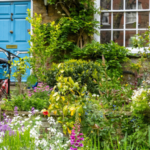

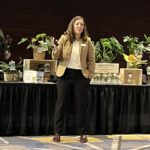
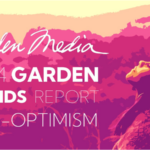

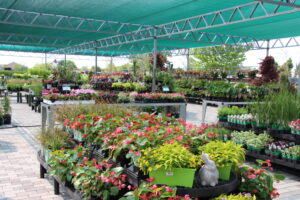
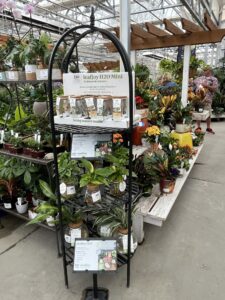
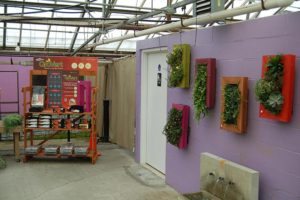
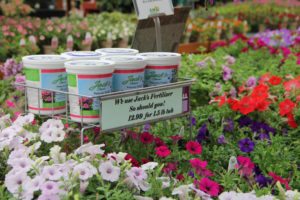
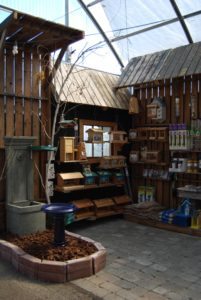
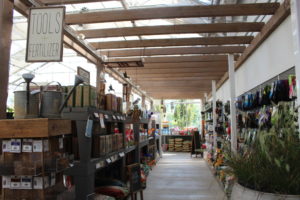
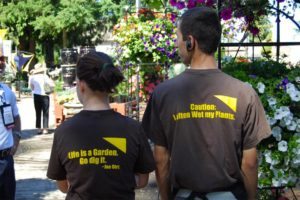
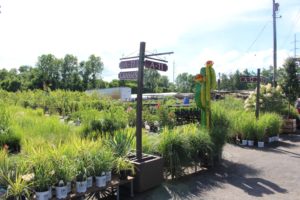
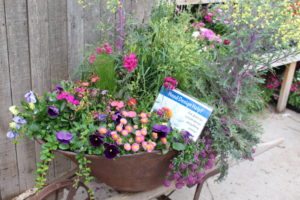
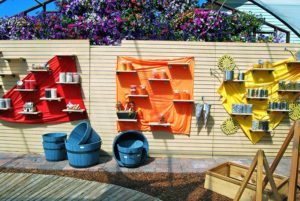
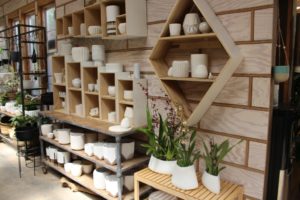
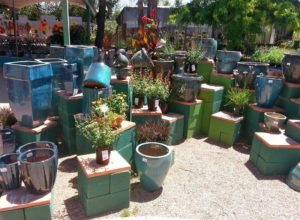
 Videos
Videos





